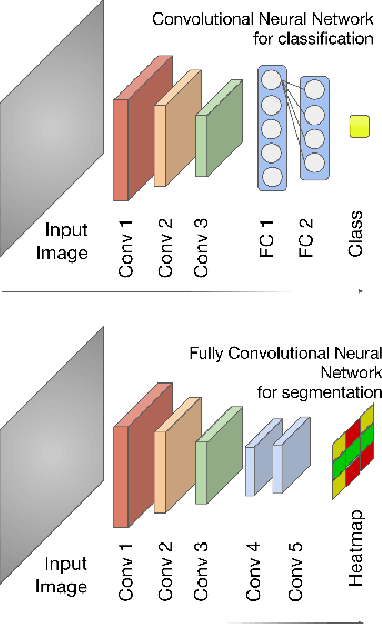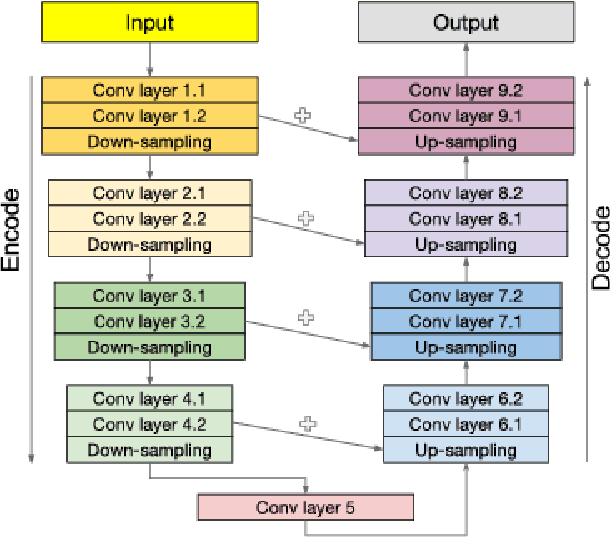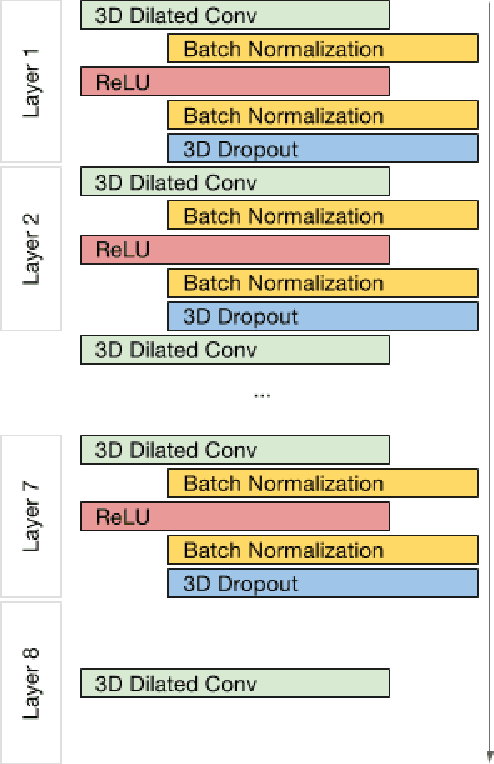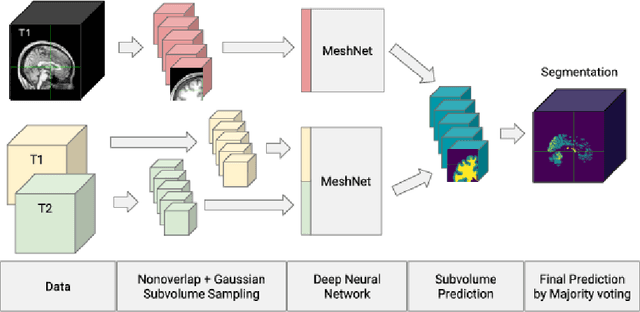Almost instant brain atlas segmentation for large-scale studies
Paper and Code
Nov 01, 2017



Large scale studies of group differences in healthy controls and patients and screenings for early stage disease prevention programs require processing and analysis of extensive multisubject datasets. Complexity of the task increases even further when segmenting structural MRI of the brain into an atlas with more than 50 regions. Current automatic approaches are time-consuming and hardly scalable; they often involve many error prone intermediate steps and don't utilize other available modalities. To alleviate these problems, we propose a feedforward fully convolutional neural network trained on the output produced by the state of the art models. Incredible speed due to available powerful GPUs neural network makes this analysis much easier and faster (from $>10$ hours to a minute). The proposed model is more than two orders of magnitudes faster than the state of the art and yet as accurate. We have evaluated the network's performance by comparing it with the state of the art in the task of differentiating region volumes of healthy controls and patients with schizophrenia on a dataset with 311 subjects. This comparison provides a strong evidence that speed did not harm the accuracy. The overall quality may also be increased by utilizing multi-modal datasets (not an easy task for other models) by simple adding more modalities as an input. Our model will be useful in large-scale studies as well as in clinical care solutions, where it can significantly reduce delay between the patient screening and the result.
 Add to Chrome
Add to Chrome Add to Firefox
Add to Firefox Add to Edge
Add to Edge